What are the applications of MACOR ceramic parts in the medical field
In the modern medical field that pursues ultimate precision, reliability, and safety, material innovation is often the cornerstone of technological breakthroughs. Among numerous high-performance materials, MACOR ® Machinable ceramics, with their unique comprehensive properties, have become an indispensable key material for medical equipment manufacturers and R&D personnel, providing elegant solutions to many industry problems.
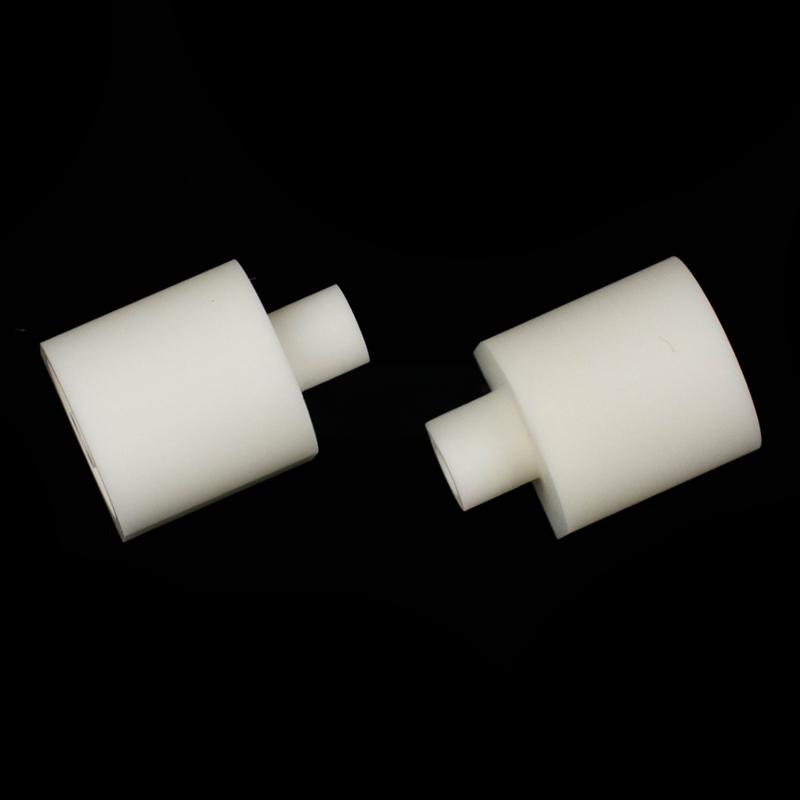
What is MACOR ® Can ceramics be processed?
MACOR ® It is a unique material invented by Corning Inc. in the United States. It is a ceramic, but has the characteristic of precision machining like metal. Its scientific name is “mica glass ceramic”, which is composed of fluorite mica crystals evenly distributed in a glass matrix.
This unique microstructure endows MACOR with ® A series of outstanding performance:
Excellent processability: the biggest highlight. High precision machining can be performed using standard metal processing machines such as lathes, milling machines, drilling machines, and tapping machines, as well as hard alloy cutting tools, without the need for expensive sintered diamond grinding, enabling the rapid production of complex shaped parts.
Excellent electrical insulation: high resistivity, can effectively isolate high voltage currents, ensuring the safety of equipment and patients.
Extremely high heat resistance: The working temperature can reach over 800 ° C, it is non flammable, non deformable, and can withstand repeated high-temperature and high-pressure sterilization (autoclave).
Vacuum density: It is impermeable and non precipitating, making it an ideal choice for ultra-high vacuum environments and widely used in semiconductors and scientific research equipment.
Good mechanical strength and stability: Dimensional stability, thermal expansion coefficient close to most metals, easy to use with metal components.
Biocompatibility: Meets the biocompatibility requirements of various medical application scenarios.
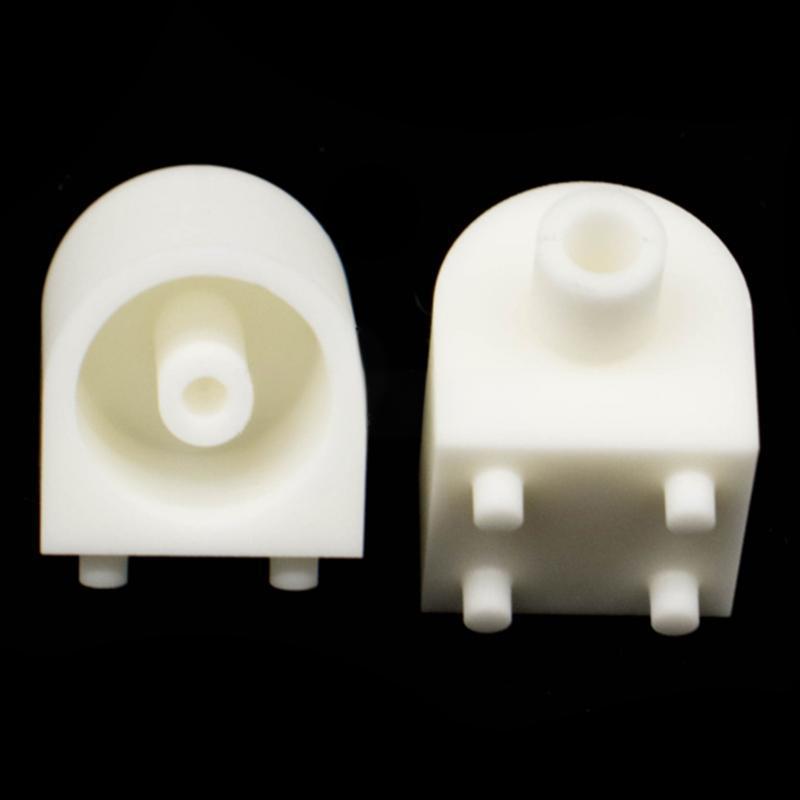
The core application of MACOR ceramics in the medical field
MACOR ® These features perfectly meet the stringent requirements of medical equipment for precision, cleanliness, reliability, and safety. Its main application areas are as follows:
Application 1: Core components of medical laser equipment
Medical lasers, such as surgical lasers, skin beauty lasers, and dental lasers, require extremely high precision control of the beam and long-term stability of the components.
Problem solved:
- Thermal management challenge: Laser generates a large amount of heat, and ordinary materials may experience optical path deviation due to thermal deformation, affecting accuracy and safety.
- Integration of insulation and load-bearing: It is necessary to simultaneously fix metal electrodes (conductive) and ensure extremely high insulation strength to prevent high-voltage breakdown.
- Complex structure processing: The electrode holder, support, insulator and other shapes inside the laser cavity are complex, making traditional ceramic processing difficult and costly.
Typical parts:
Laser cavity insulation ring/electrode holder: MACOR ® Used for manufacturing precision components that support and isolate high-voltage electrodes, their high temperature resistance and insulation ensure stable discharge and long-term reliable operation of the laser.
Beam collimation and fixed base: used to fix and adjust optical components such as lenses and mirrors, its low thermal expansion characteristics ensure the stability of the optical path under thermal load.
He Ne laser tube component: used as a support and insulation structure for laser tubes in many medical testing equipment.
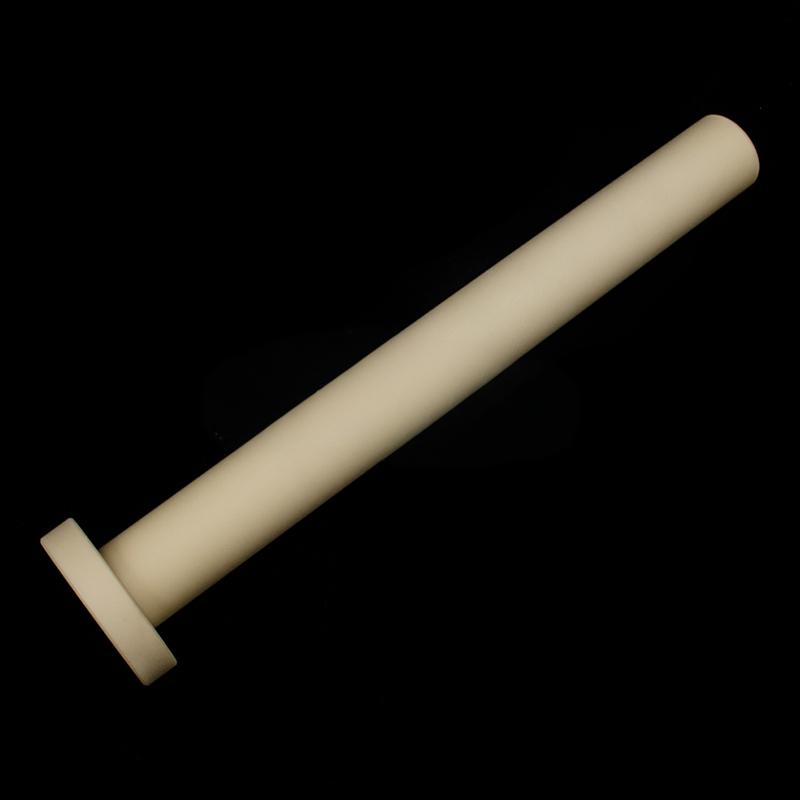
Application 2: Medical imaging equipment (X-ray CT、MRI)
The X-ray tube is the “heart” of CT and X-ray machines, with an extreme environment of high temperature, high pressure, and high vacuum inside.
Problem solved:
- Insulation in extreme environments: It needs to withstand high voltages ranging from tens of thousands to hundreds of thousands of volts, and any insulation failure can lead to equipment damage.
- Vacuum sealing and metal packaging: Reliable airtight sealing with metal electrodes is required to ensure the vacuum life of X-ray tubes.
- Anti radiation damage: Long term exposure to X-ray radiation does not cause material properties to deteriorate.
Typical parts:
X-ray tube core/high voltage insulator: MACOR ® It is one of the preferred materials for manufacturing high-voltage insulation components inside X-ray tubes. It can be matched and sealed with metals such as Kovar to form a permanent, sturdy, and vacuum sealed connection, perfectly isolating the ultra-high voltage between the cathode and anode.
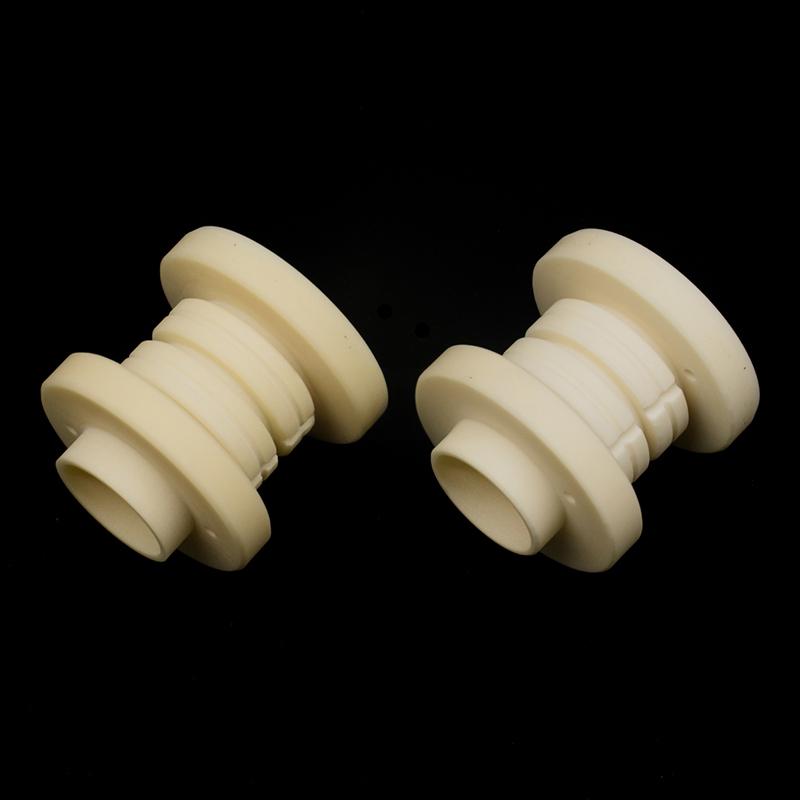
Application 3: Surgical Instruments and Robots
Minimally invasive surgery (MIS) and surgical robots have placed unprecedented demands on the precision, corrosion resistance, and reliability of instruments.
Problem solved:
- Corrosion resistance and disinfection: Instruments need to withstand frequent chemical disinfection and high-temperature and high-pressure steam sterilization, and cannot rust, degrade, or retain pollutants.
- Lightweight and High Strength: Surgical robot end effectors require lightweight and high-strength non-metallic materials to reduce inertia and improve response speed.
- Integration of electrical insulation and sensing: When operating live (such as electrosurgical equipment) or integrating sensors, it is necessary to ensure perfect insulation.
Typical parts:
Key structural components of robotic surgical arms, such as lightweight connecting rods, joint insulation components, sensor mounting seats, etc.
Endoscope instrument channel: requires precision parts that are smooth, wear-resistant, corrosion-resistant, and insulated.
High frequency electric knife insulation components: ensure accurate current flow to the surgical site, protecting non target tissues of patients and doctors.
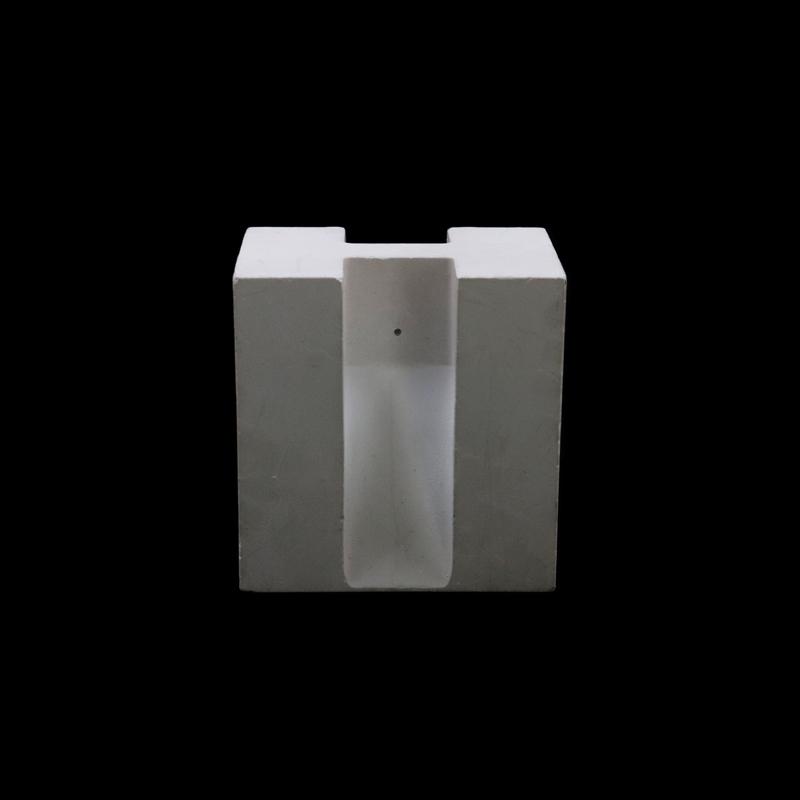
Application 4: Life Science Analysis and Diagnostic Equipment
From gene sequencers to mass spectrometers, these precision analytical instruments require samples to be processed at the microscale, with extremely high requirements for material purity and stability.
Problem solved:
- Pollution free: The material itself cannot precipitate ions or particles to avoid contaminating sensitive biochemical samples and affecting the test results.
- Dimensional stability: Maintain dimensional stability under temperature and humidity changes, ensuring micrometer level accuracy of fluid channels, valves, and sensor positions.
- Chemical corrosion resistance: able to resist corrosion from various organic solvents, acids, and alkalis.
Typical parts:
Microfluidic chips and substrates: used to carry microchannels, their chemical inertness and processability are very suitable for making prototypes and small batch specialized equipment.
Sample module of thermal cycler (PCR): Good thermal stability helps to achieve uniform and precise temperature control.
Ion source component of mass spectrometer: used for fixing electrodes, achieving insulation and vacuum sealing.
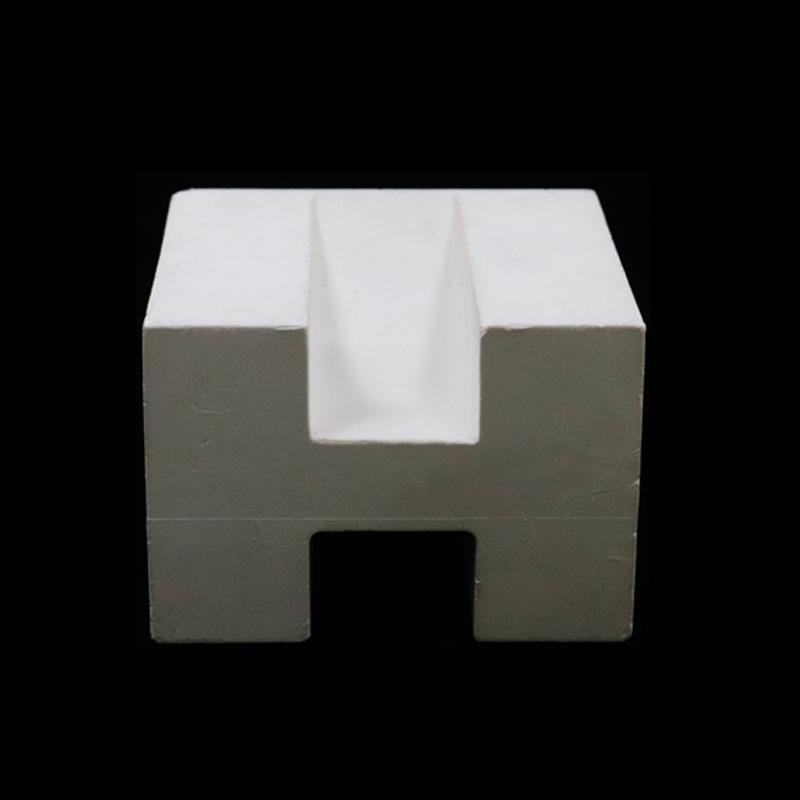
Choose MACOR ® The core value brought by it
In summary, MACOR is used in medical projects ® Machinable ceramics can solve the following core problems for engineers and manufacturers, bringing significant value:
- Accelerate R&D and market time: No need to open molds or wait for long sintering and processing, directly machine to quickly obtain functional prototypes or even final parts, greatly shortening the product development cycle.
- Reduce overall costs: For small batches and high-value medical equipment, the saved mold costs and complex post-processing expenses make their overall cost-effectiveness very high.
- Achieving design freedom: able to economically produce complex geometric shapes, thin walls, deep holes, and fine threads that traditional die-casting and sintered ceramics cannot achieve.
- Improve equipment performance and reliability: Its inherent characteristics such as high temperature resistance, insulation, and vacuum sealing directly enhance the working stability and service life of medical equipment in harsh environments.
- Ensuring ultimate safety: The biocompatibility, chemical inertness, and high reliability of materials provide crucial safety barriers for patients and healthcare workers.
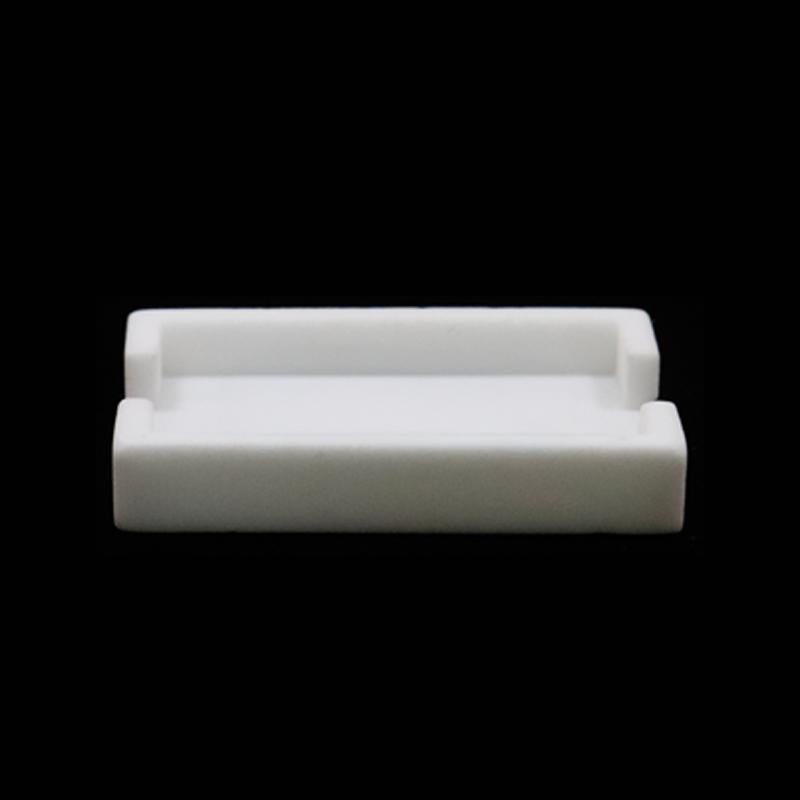
MACOR ® The application of machinable ceramics in the medical field is a model of materials science driving technological progress. It perfectly fills the performance gap between traditional metals, plastics, and ordinary ceramics, and with its unique “machinable ceramic” characteristics, has become an indispensable strategic material in the design of high-end, precision, and reliable medical equipment. From laser surgery under shadowless lamps to precise testing in the laboratory, MACOR ® We are silently safeguarding the precision and safety of modern healthcare.
Brudeze Ceramics supplies and sells a wide range of high-quality quartz glass, including alumina ceramics, zirconia ceramics, silicon nitride ceramics, aluminum nitride ceramics, silicon carbide ceramics, boron carbide ceramics, bioceramics, machinable ceramics, etc. We can meet the customization requirements of various ceramic products.
PREVIOUS:What are the advantages of zirconia ceramics in battery components
NEXT:What are the specific applications of silicon carbide ceramic binding heads in the aerospace field
CATEGORIES
LATEST NEWS
- Petrochemical ceramic injec...
- Zirconia Ceramic Rod Custom...
- High-temperature resistance...
- What is the wear resistance...
- What is the hardness of cer...
- Aluminum oxide ceramic cust...
- What are the main aspects o...
- What are the mechanical pro...
- Thermal properties of zirco...
- What properties should be c...
